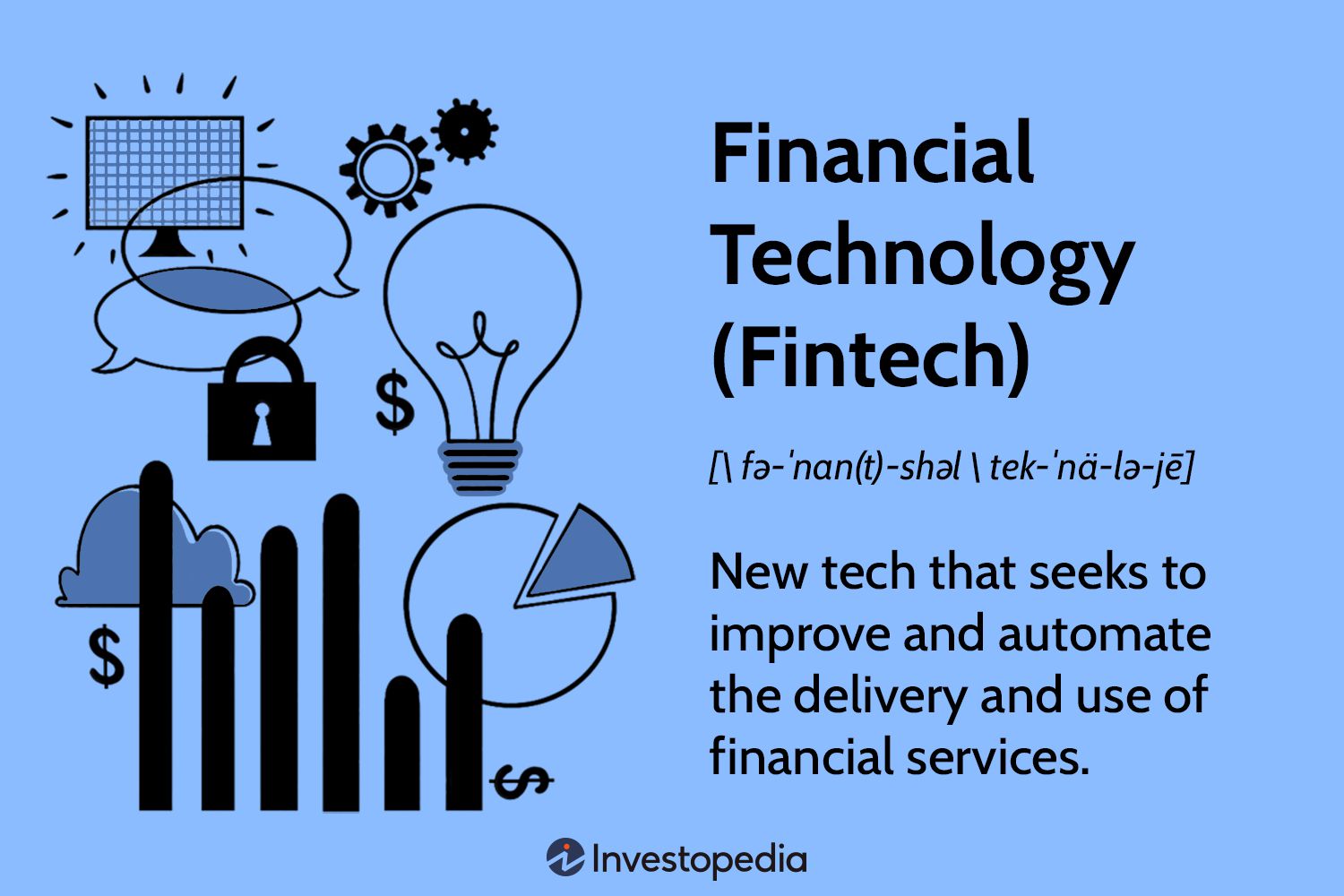With the rise of FinTech has come a wave of new opportunities for consumers and businesses alike regarding financial services. From mobile banking and payments to investing and borrowing, there are now more options than ever before. However, this can also be overwhelming, especially if you need help figuring out where to start. That’s why I’ve put together a few key tips to help you prepare for the future of financial services that we will share in this article.

To explore topics relating to the future of financial services more in-depth and how to prepare your business for the rise of FinTech, you may consider registering for FinTech courses which will help you learn more and you can prepare yourself better for new opportunities.
How to Prepare for the Future of Financial Services?
Now, let’s take a look at a few key tips to help you prepare for the future of financial services.
Keep an eye on FinTech trends
One of the best ways to prepare for the future of financial services is to stay up-to-date with the latest FinTech trends. This way, you’ll be able to identify new opportunities as they arise and be ahead of the curve in terms of adopting new technologies. You can do this by following industry news, reading blogs, attending conferences and events, and furthering your FinTech education. This is again where FinTech courses can prove useful, as they can provide you with a focused opportunity to learn more about the transformed financial services industry.
Develop a digital strategy
As we move towards a more digital world, it’s becoming increasingly important for businesses to develop a robust digital presence. This is especially true for financial services companies, as consumers now turn to the internet and mobile devices to manage their finances. To stay ahead of the competition, you’ll need to develop a comprehensive digital strategy that covers everything from your website and social media presence to your customer experience and data security.
Invest in emerging technologies
Emerging technologies, including artificial intelligence (AI), blockchain, and big data are already starting to transform the financial services industry. Furthermore, they’re only going to become more prevalent in the years ahead. For some businesses, it’s wise to start investing in these technologies now. This doesn’t mean that you need to be an early adopter of every new technology on the market. But it does mean that you should at least be aware of the potential implications of these technologies and how they could impact your business.
Focus on customer experience
Another key trend reshaping the financial services industry is the increasing focus on customer experience. In a world where consumers have more choices than ever, businesses must go above and beyond to deliver a great customer experience. This means providing convenient, easy-to-use, personalized services that meet your customers’ needs. It also means being available when and where they need you, whether through digital channels or in person.
What Does the Future of Financial Services Hold?
We’ve discussed how to prepare for the future of financial services, but another critical piece of the puzzle is understanding exactly what this future might hold and some of the significant changes we have already seen.
Here are a few key predictions:
The rise of mobile banking and payments
We’ve already seen a shift towards mobile banking and payments in recent years, and this is only going to continue. More consumers are using their smartphones to manage their finances, which is driven by the increasing availability of mobile apps and services.
The growth of digital-only banks
Traditional banks, such as digital-only banks, are under pressure from new entrants to the market. These challenger banks can offer a more streamlined and user-friendly experience, which is appealing to consumers who are accustomed to managing their lives online. At present, some of the major traditional banks are starting to launch their own digital-only offerings in an attempt to stay competitive.
The rise of Blockchain
We’ve seen Blockchain make headlines in recent years, largely due to its association with Bitcoin. However, Blockchain has the potential to revolutionize the financial services industry, and we’re already seeing it used for things like payments, asset management, and KYC (know your customer) checks.
The continued rise of FinTech
The financial technology (FinTech) sector has been one of the fastest-growing industries in recent years, and this is only set to continue. FinTech companies are shaking up the status quo and driving innovation in the financial services industry. For example, some rely on AI to offer more personalized services, while others are developing new ways to make payments and transfer money.
An increase in regulation
The financial services industry is one of the world’s most heavily regulated. Additionally, with the introduction of new technologies, such as AI and blockchain, we can expect to see even more regulation in the years ahead. This increased regulation will help protect consumers and ensure that businesses operate within the law. It could also create opportunities for compliance and risk management professionals.
A shift towards sustainable investing
There’s been a growing focus on sustainability in recent years, and this is starting to impact how people invest their money. More investors are looking for opportunities to invest in companies that positively impact the world. Now, you can find a wide range of sustainable investment products, from green bonds to impact investing funds. This trend will only continue in the years ahead as more people look to invest their money in a way that aligns with their values.
These and other trends will likely shape the future of financial services. Also, while it’s impossible to predict precisely what will happen, by being aware of the significant changes taking place, you can put your business in a strong position to adapt and thrive in the years ahead.
What Does the Future Hold for Your Business?
The future of financial services is full of opportunities. However, it’s also full of challenges. To succeed in this rapidly changing industry, you need to clearly understand the trends and technologies shaping it. You also need to focus on delivering a great customer experience. By doing these things, you’ll be well-positioned to take advantage of the exciting opportunities that lie ahead.







Add Comment